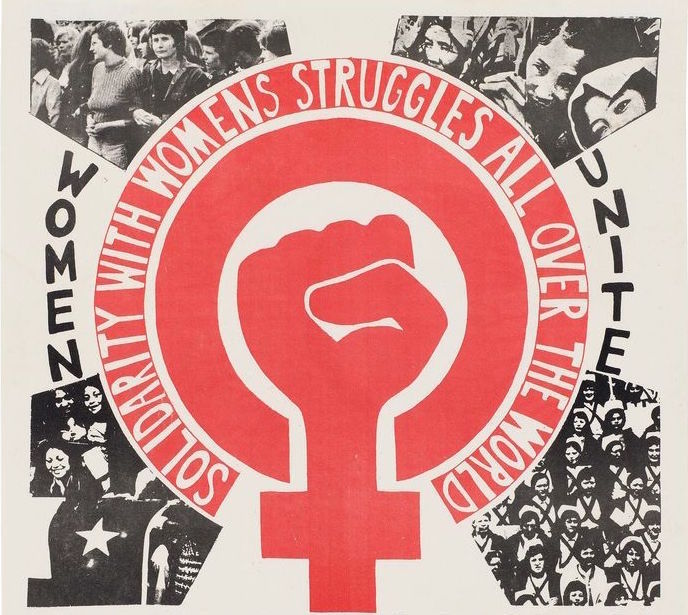Mexico
“Latin America deals with the normalization of sexism; it is so ingrained in our culture that even some women think they don’t deserve the same opportunities and rights as men. Sexual harassment, and even murder, happens every day and most of the women don’t know that a different reality could happen if they speak up.”
“I work as an activist to move forward the recognition of sexual rights for women in Mexico. I like to support the change towards a society more equal for everyone. I work in a feminist organization that seeks to contribute to the creation of a more democratic society through knowledge, innovation, and academic training with a gender perspective and an intercultural approach.”
— Sofia Alesso from the Instituto de Liderazgo Simone de Beauvoir, a feminist organization that for 16 years has been dedicated to giving a voice to communities, specializing in the formation of social leaders through the strengthening of capacities and knowledge.
United States
“Critical issues facing women in America include the underrepresentation of women in positions of power and influence, the pay gap, the wealth gap, the lack of a national family leave policy, and unequal access to pre-school, after-school, and other childcare programs for working families.”
“Underlying all those issues, however, is the normalization of misogyny and hate speech in America. This kind of language serves to divide us and keep us from coming together to make meaningful progress on issues and policies that would help women and therefore help our society. Fortunately, we can do something to change this cycle. On International Women’s Day, The Representation Project is expanding our #NotBuyingIt campaign to target hate speech and particularly sites that encourage online harassment. We’re asking mainstream companies (starting with Amazon) to change their ad algorithms and blacklist extreme websites like Breitbart that use sexist, racist, and xenophobic language. Even when it’s difficult, we must condemn hate and protect our civil society.”
— Jennifer Siebel Newsom, The Representation Project
“Women in the United States are at the center of a historic fight to make politicians recognize that health care is a human right. Blocking people who rely on Medicaid from the life-saving cancer screenings and birth control services that Planned Parenthood health centers provide would have disastrous health consequences, and leave many women with nowhere to turn for health care. Congress is playing a dangerous political game with women’s lives and we know that communities that already face systemic barriers to health care will be hit first and hardest. That’s why Planned Parenthood has joined the people across the country mobilizing to let their elected officials know that they won’t stand by while the rights of low-income women, women of color, trans women, undocumented women, lesbians, and bisexual women are under attack. When we raise our voices to shine a light on just how unpopular these policies are, politicians have to sit up and take notice. Together, we can ensure women have access to the care they need and the freedom to decide for themselves what that care should look like.”
— Alencia Johnson, Director, Constituency Communications at Planned Parenthood
Japan
“Japan ranks in the 111th place worldwide in the Global Gender Gap Index, which is designed to measure gender equality. The gender gap occurs mainly because of the different employment conditions and salary structures between men and women, and the difficulty for women to change jobs. I strongly feel that this issue has been ignored in Japan. Except for the women who actually suffer from the gender-gap problem, most people seem to believe: ‘Since our government has been talking about providing a better society for women, there can’t be such gender gap problems still existing.'”
“The fact that so many people were surprised by Japan’s low ranking in this GGGI is exactly the reason why Japan is ranked so low. Women should be able to find a job after taking some time off from work to raise their children, but, in reality, they can scarcely find a daycare facility to enable them to come back to work. We need to recognize this problem and acknowledge that our society hasn’t dealt with the issue. Given that Japan ranks 111th in GGGI and places 157th in terms of the number of female politicians in power, which is almost the lowest in the world, we must ask ourselves if we can call our nation an ‘advanced country’ with these terrible figures.”
— Erina Nakagawa, feminist activist and university student, working as a political / feminist activist, organizing Making-Love Club, a discussion event covering everything from politics to sex.
“The problem is that Japanese society is still such a patriarchal society and not many people thinks that it’s a problem. But it is, a big problem. Think about why women are blamed when they’re sexually assaulted. Does ‘taking good care of your body hair’ really make you a perfect woman? Why do people call you names just because you say you like having sex — but it’s no problem when men say the same?”
“My mascara, my ripped fishnet tights, and my cherry-red lipstick — everything I wear is for me, to empower myself, not to entertain men. I won’t hold myself back when you expect me to, after harassing me with stupid sexist jokes, because I know my worth. And now, I want you to do the same. No, you don’t have to go around hating on men. I just want you to be fearless. I know there’s hundreds of curses out there that might make you feel worthless. But they can be broken as long as we women stay fearless and are here to lift each other up. I believe that is what can break this patriarchy down. We’re here to create a better place for all of us in the name of equality and that is exactly what feminism is all about. Does this sound offensive to you? Well then, that just means YOU are the problem.”
— Wakako, Tokyo-based feminist blogger
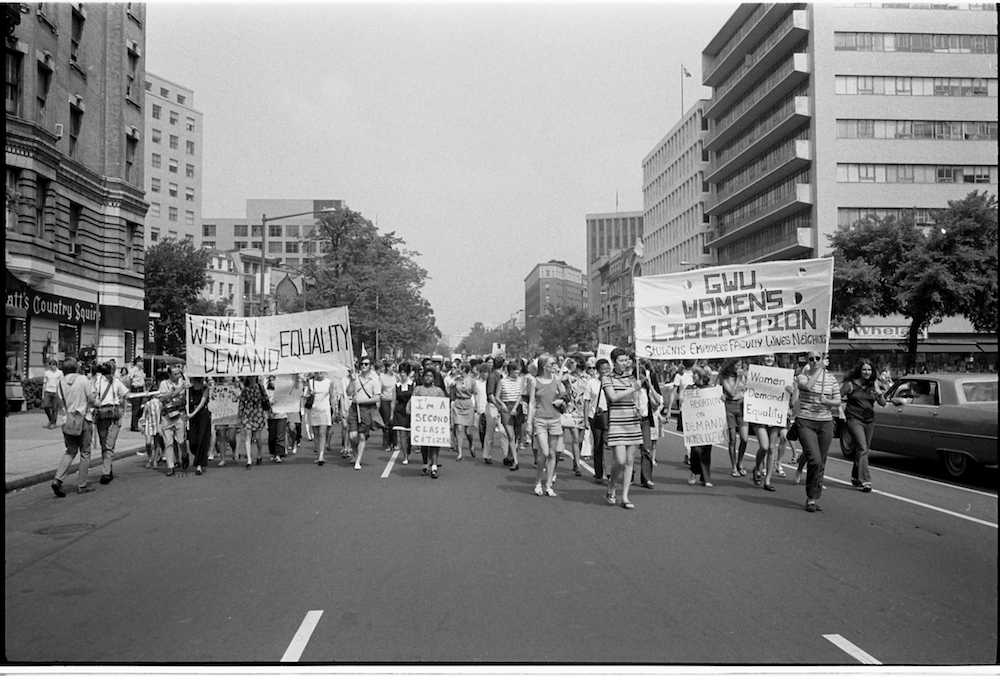
Australia and New Zealand
“One key issue we see in our work is a lack of gender-balanced leadership. We need to see men and women sharing power and influence in key decision-making bodies across Australia — in our parliaments, businesses, institutions, and communities. As a country, we can make this a reality by challenging the assumptions we subconsciously and consciously make about men and women and their roles in society. We can support and encourage men who choose to take an active role in family life and caring responsibilities, and we need organizations to address the structural barriers that prevent an equal playing field for all.”
“One role of an organization like ours is to support women with the networks and skills they need to achieve their leadership goals — such as running for elected political office. In the end, men and women have an equal role to play in creating change — and best of all, it benefits everyone!”
— Amy Mullins, Executive Director of the Women’s Leadership Institute Australia. The WLIA seeks to increase the visibility of women in leadership and catalyze system-changing solutions to achieve gender-balanced representation.
“In New Zealand, the pay imbalance between men and women is still a big issue. Currently, women are earning 61.1 percent of what men do on a weekly basis. We are also still picking up more of the work outside of the office, which means that we are working more than ever with even less shared responsibility or monetary compensation.”
“There are some epic campaigns running in New Zealand that are lobbying the Government to take action to change this. Treat Her Right is a shining example of a community organization doing its bit to have a huge potential impact on all women across our country.”
— Taryn Kljakovic, Co-Founder of Women’s Collective, a New Zealand organization committed to fostering conversations about global issues that affect the local community.
“Women in this country are massively unsupported in terms of safety and representation in every aspect — indigenous women are dying in custody, Muslim women are being harassed in broad daylight, trans women are struggling to survive day-to-day.”
“And even when women are frontlining protests, marches, and rallies, or being activists through their art, they are still either misrepresented in the media or their integrity is questioned. Overcoming all that means accepting past actions that are toxic. It means verbalizing the inequality that we face. It also means as women, acknowledging that there are other marginalized communities that need our strength.”
— Listen, Australian feminist women’s music lobbying group.
Quotes sourced by i-D Australia / New Zealand
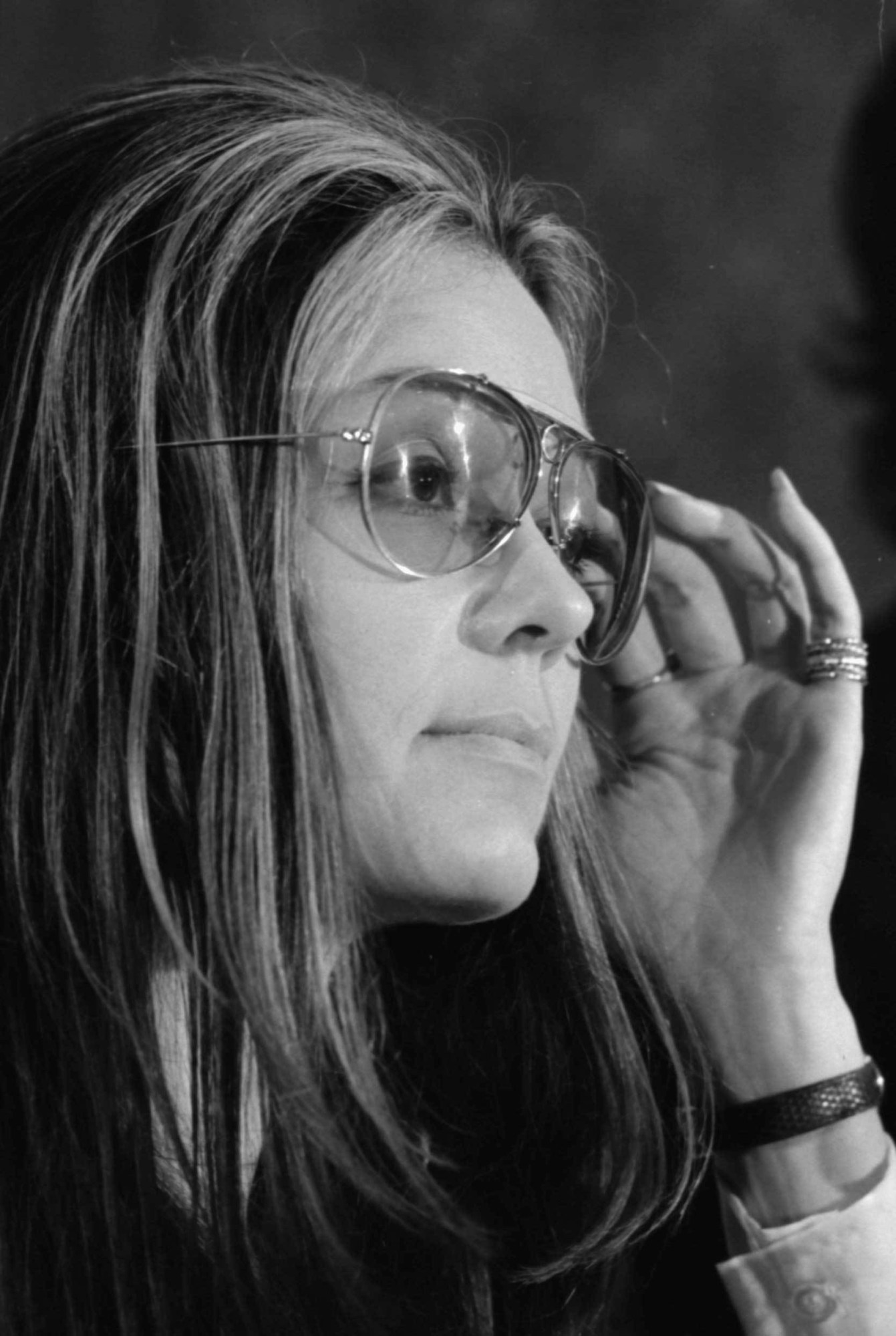
United Kingdom
“At gal-dem we try to be more than reactive to the onslaught of news which proves over and over again that the media is still struggling to catch up with the realities of diversity. As a magazine written exclusively by women of color, for the past year and a half it has been championing the voices of women and non-binary people who still feel as though their narratives don’t take precedence in a whitewashed, male-dominated media environment. Our goal is to prove that WoC not only deserve to be represented in the media, but that we can excel without the help of the pale, stale males who sit at the top of almost every single conglomerate in the UK and beyond — bemoaning identity politics while not realizing that they are still surrounded by people who look exactly like themselves.”
– Charlie Brinkhurst-Cuff is one of the founding editors at gal-dem and a journalist currently working at Dazed magazine. She writes about feminism, race, and politics, and is working towards turning gal-dem into a sustainable business alongside the rest of her team.
Poland
“It’s hard to pick the biggest issues facing women when there are so many of them and they all permeate each other. It’s been 24 years since abortion was banned in Poland, which dooms some women, sentencing them to life full of suffering and loneliness. It is most painful for the less affluent, for the economically excluded. The ban on abortion is one of the most poignant forms of institutional violence and oppression from the establishment. Whenever there is oppression, there has to be resistance. We need social change, and all such changes stem from anger.”
— Porozumienie Kobiet 8 marca, a group responsible for the organization of Warsaw’s protests (Warszawskie Manify)
“The biggest issue we are dealing with is not even acknowledging the existence of women’s problems. Crimes such as rape and assaults are not being punished strictly enough. We are constantly being bombarded with sexist messages. As women and citizens we cannot stand it and have to exert pressure on government, organize events, and donate money to organizations that deal with women’s rights.”
— Feminoteka, a charitable organization, news service, and the first feminist bookstore in East-central Europe.
“The biggest issues facing women in Poland right now are: the denial of their reproductive rights, no access to legal and safe abortion whenever it’s needed, no sex education, a dangerous relationship between feminism and neoliberalism, economic exploitation, unpaid female labor, feminization of jobs deemed less prestigious and profitable. Common and often invisible violence against women, which begins with the acceptance of sexist jokes and ends with domestic violence, are justified by Catholic morality. Those issues stem from a common source, they intertwine and reinforce each other. Response is mainly seen in grassroots movements. We have to build a society based on solidarity, with no aggression and dominance, because feminism is the resistance against power, the fight against all forms of discrimination and exclusion.”
— Codziennik Feministyczny, a journalist-driven feminist platform for women and other marginalized groups who experience exclusion and violence.
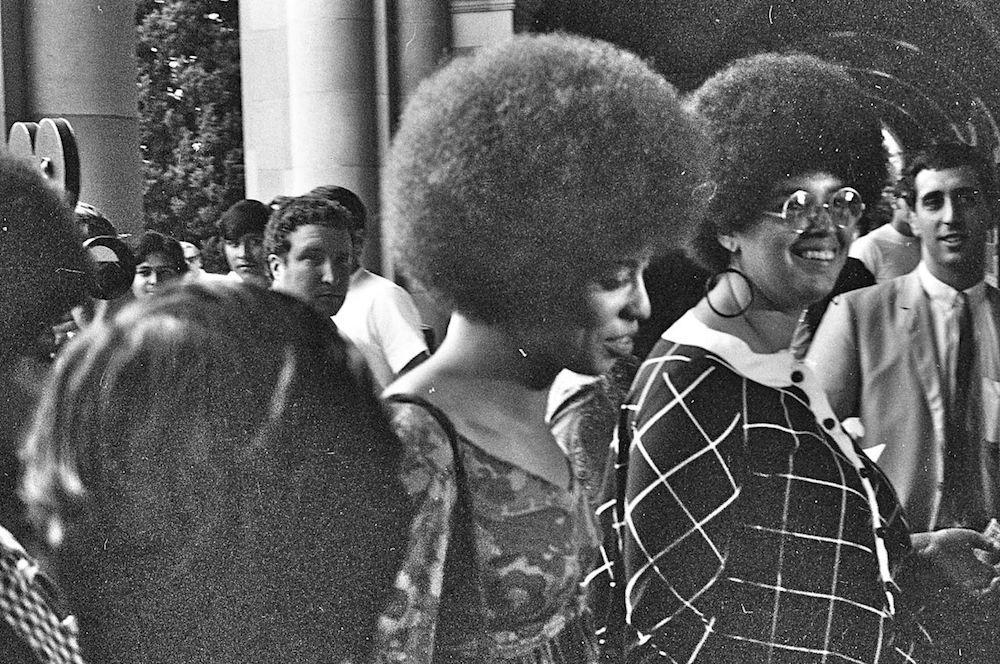
Spain
“The main issue women have to face here in Spain is that our problems are not taken seriously. As 2017 starts with the most alarming rate of women killed by their partners since 2008, and eight women are on hunger strike at Puerta del Sol, in Madrid, asking for a State Treaty against sexist violence, I learn that the budget allocated to fight gender-based violence is €22 million less than in 2009. We live in a country that has made women vulnerable to violence.”
“And not only are we exposed to sexist violence by our partners or family members, but low wages and feminized jobs, the culture of rape, the hyper-sexualization, the transphobia, the whore-phobia, and the prevailing gender roles that want us to be submissive mothers and wives. It shouldn’t be necessary to summon a national women’s strike in order to let men know that we are living in fear and that we are fed up with it. Women’s rights are human rights, and protecting them should be paramount and constant, without cut-offs and with effective actions.”
” The first step we need to take in order to overcome women’s issues is starting to acknowledge them and stop hiding them as something rare and only suffered by a few. Spain needs a structural change, where feminism is present in all main spaces within institutions, understanding that women’s issues have an impact on the whole society. We need to have an honest dialogue and we need resources to build a society of progress, where women are socially and economically empowered. We should be free to live as we want without fear of being discriminated or assaulted. My bet is on a feminism that adds, a plural feminism that reaches the government so it can do what ultimately is its imperative obligation: to protect and guarantee every citizen’s rights, be they male or female.”
Natalia Ferrari, 25, a sex worker in Barcelona and author of the column “Ask a Hooker” for Broadly in Spain
“As women, we are not a collective; we’re more than half of the population, and we are suffering most inequalities and injustices. Those of us with precarious jobs are concerned about austerity policies, energy poverty, threat of evictions; those of us who are immigrants are concerned about Spanish immigration laws; those of us who are activists are concerned about the Gag Rule. Transversality is key here: we shouldn’t limit our agenda to sexist violence, abortion, and the wage gap.”
“Fighting against gender-based violence demands addressing its expressions that affect diverse kinds of women (lesbians, trans, immigrants, house workers, sex workers, homeless, incarcerated women, women of color). Separating sexist violence from LGBT-phobia is a huge mistake, as it is separating gender-based equality policies from those about sexual and gender diversity.”
“If I had to choose a main issue, I’d say it is the caretaking of dependent adults. Cut-offs in the Dependency Law haven’t mobilized feminism as the aim to amend the abortion laws has, and yet it impacts us all. Because women are expected to take care of our dependent family members; because most paid caretakers are women (and a high percentage of them are immigrants) and their work conditions are very precarious; and because the situation of women suffering disabling illnesses is also particularly concerning and invisible.”
— June Fernández, journalist and coordinator at Pikara Magazine, an Spanish feminist-focused site.
Netherlands
“I think that the biggest problems for women in The Netherlands in general are found in the quandary they have to face today; women have gained more rights and opportunities in the last decade, but the obligations haven’t lessened. So what happens now is that women are still having to do so-called ‘women’s tasks’ — such as taking care of their household and family — but besides that, have to work, be active in associations and be involved in politics. Of course this is different for mothers and young single women, but I think that the pressure to do EVERYTHING is one of the main reasons behind the burn-out epidemic which we’re confronted with right now. One of the solutions would be to make it easier for men to take over some of the tasks that are traditionally looked upon as female.”
— Iris Weges, editor of the Dutch feminist magazineLovers
“The biggest problem that women in LGBT circles in the Netherlands have is a lack of representation and a lack of diversity. This could be mended by acknowledging that gayness and gender diversity isn’t just restricted to whiteness and a stereotyped image of an LGBT person.”
— Adwoa Édou of The Feminist Club Amsterdam
Quotes sourced by i-D Netherlands
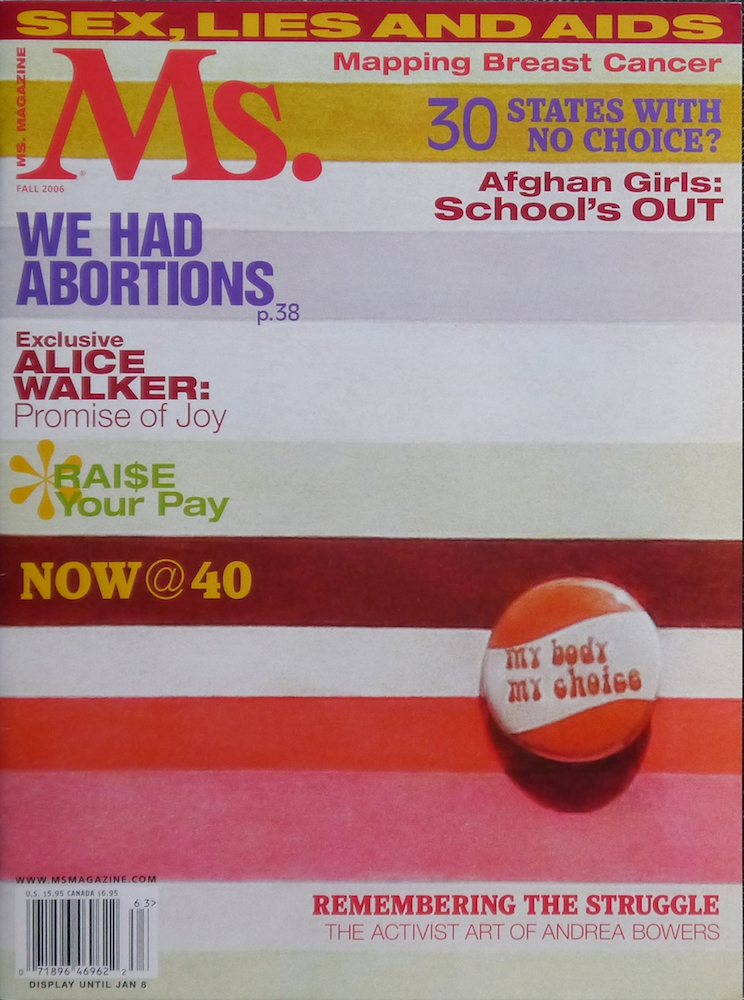
Germany
“I can only speak from my point of view and talk about what I experience as a fat, disabled, non-binary Muslim queer person of colorr. For some, it can be the fact that the law on sexual assault is so inherently racist that speaking up against abuse can yield dangerous results if they do not have German papers. This is a huge problem for women of color and refugee women in particular. To solve this, we need a support system for survivors of sexualized violence and a law that protects. For others, a big issue is the fact that care-work and emotional labor is not paid sufficiently, so their important work remains unappreciated and can affect their mental health. We need workers’ rights and higher wages for care-work. And instead of criminalizing, pathologizing, stigmatizing, and outing sex-workers, we need to improve their rights.”
— Hengameh Yaghoobifarah, feminist activist
“One of the main issues women still have to deal with in Germany is the lack of respect, acknowledgement, and appreciation of the hard work they are doing and capable of doing. And I am not only referring to women in higher positions / women who are trying to get there, but also to those who are raising our future, our next generations or those doing it all at the same time — mothers. It’s frustrating that we still have to fight for equality in this day and age. The (super) powers each women carries in herself are limitless and those should be treated and celebrated as such. It is our AND our country’s duty to create an environment in which every little girl feels like there aren’t any limitations to who she wants to become, and we have to make sure (whatever it takes) that each one of them will be rewarded in the same way the other sex would be.”
— Dominique Booker, founder Positiv / Negativ, spokesperson for POC in Germany
“I still feel that as a woman of color in 2017, one of our biggest issues is stereotyping. It’s disappointing to see how far we still have to go to prove ourselves, and a lot of women of color still don’t feel they have a voice. As a country we should make the effort to bring marginalized women into mainstream attention, and while doing so we should make sure we eliminate the nonsense stereotypes.”
— Olive Duran, Berlin-based Black Lives Matter Organizer
Italy
“Some of us have now the right to vote, love, work, travel, choose. We won’t stop making noise until women will have the same freedom, no matter what class, race, sexual orientation, or gender they belong to.”
– Miriam Goi, writer for the feminist platform Soft Revolution Zine, for Prismo. She is the founder and editor of Collage Mag, an Italian publication linked to Medium.
“I believe in fighting to create a culture and a society that would grant women and all genders the freedom to choose the life they want, and to feel that life is valid.”
– Cristiana Bedei, a feminist writer. Her work focuses on women’s rights, gender issues, female reproductive health, and sexuality. She is also the author of Where Are All the Women? a digital platform about gender inequality in the art world.
Credits
Text i-D
Lead imageSee Red Women’s Workshop: Feminist Posters 1974-1990
